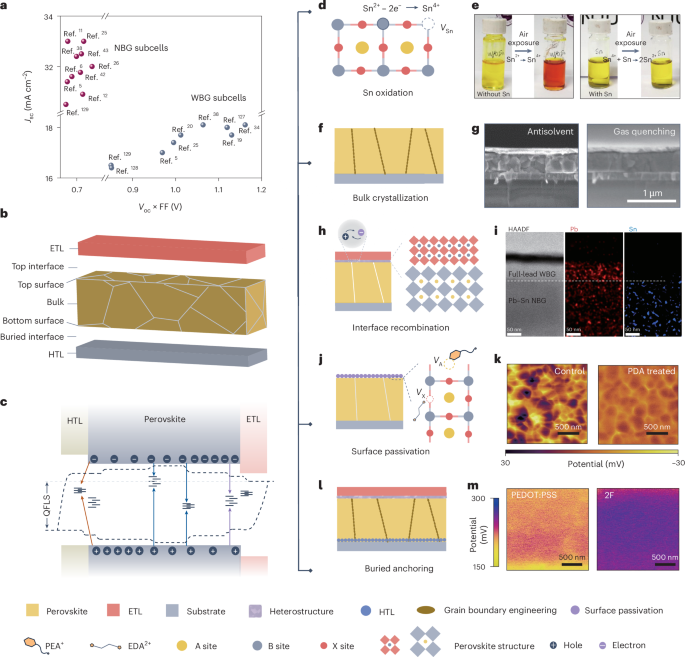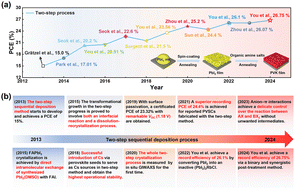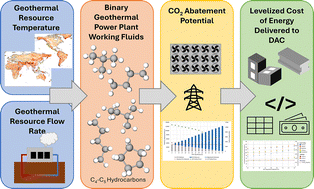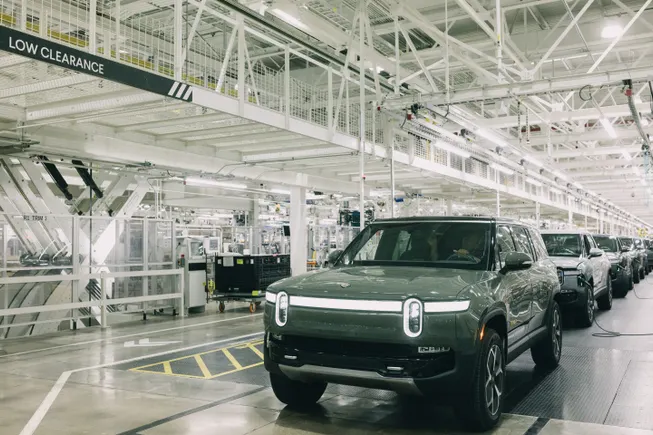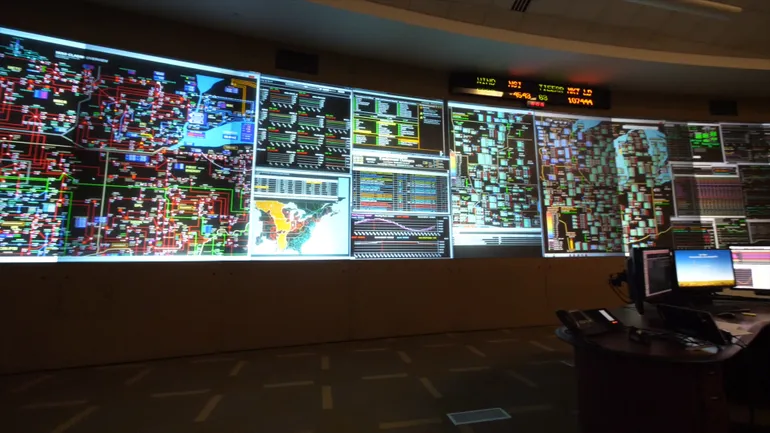Will Gen Z Ever Drink Wine?
Gen Z has been given the title of failing to launch into wine. Here's why that's wrong. [...] Read More... The post Will Gen Z Ever Drink Wine? appeared first on Wine Enthusiast.
The latest generation, it seems, is usually to blame.
In 1998, The New York Times said, “Young people, the 21- to 29-year-olds, are turning away from wine…For the $13-billion-a-year wine industry, the loss of so many potential consumers couldn’t come at a worse time.”
In 2016, The New York Post ran a headline, “Millennials are ruining the American wine industry.”
Fast-forward to the current generational panic in the wine industry—this time, regarding the 13- to 29-year-olds that make up Generation Z.
The wine industry is currently facing a mountain of struggles, including shifting consumer preferences, oversupply in many regions, rising costs and tariffs along with a growing—and loud—anti-alcohol movement. Meanwhile, older generations, Baby Boomers specifically, are pulling back from their previous levels of wine consumption.
So, why are the kids—half of whom are underage—getting so much blame yet again?
The Great Generational Divide
“Drinking is down across not just Gen Z, but all demographics,” says Wine Enthusiast Contributor Kate Dingwall on this week’s episode of the Wine Enthusiast Podcast. Yet “almost wrongfully, Gen Z has been given this title of failing to launch into wine.”
Though Gen Z drinkers make up a mere 3.6% of the country’s alcohol spend—a pretty large gap compared to Gen X’s 27.5% and Millennials’ and baby boomers’ 25.5%—the ones who are of legal drinking age are still spending the same share of their income on alcohol as Millennials. They just don’t have the same level of income—yet.
These are people in their early- to mid-twenties. “I’m an elder Gen Zer,” says Jess Druey, the 27-year-old founder of Whiny Baby, a playful California-based brand that celebrates the stereotypes of her generation. “My friends are just now dipping their toes into wine.”
This late 20’s foray into wine makes sense if you think back to what alcoholic beverages most folks have traditionally consumed when they were that age. “I worked in wine from, like, 25 on, and I didn’t even actually start buying a lot of wine till I was like 30,” Dingwall adds.
But Druey claims it’s not just age and finances that are getting in the way of Gen Zers embracing wine. With all this handwringing, the industry hasn’t exactly been inviting.
“When you go to purchase wine at a store, how is it formatted? How is it laid out? Is it a way that an everyday person can understand?,” she asks. “When I first started my wine drinking journey, I had no clue the difference between varietals. That alone is a difficult barrier to entry.”
This is why Dingwall and Druey—who have both dug into what’s actually happening—say it’s about meeting Gen Z where they’re at. “I’m of the belief that it’s the wine industry’s responsibility to own the occasions where they’re introduced to wine, not just own the product…,” says Druey. “There’s a rise in hobbies. There’s a rise in homemaking. There’s a rise in dinner parties. Wine is made for all three of those things. So, I get excited about the opportunity ahead.”
Listen in for more.
More Gen Z Coverage
- Millennials vs. Gen Z: What we wish our generations knew sooner about wine.
- What will reach young drinkers? This is what Millennial and Gen Z wine pros say.
- What Gen Z actually thinks about wine, according to Gen Z.
- Millennials and Gen Z could actually save the wine industry.
- And this new generation of sommeliers is rewriting the language of wine.

From the Shop
Find Your Wine a Home
Our selection of red wine glasses is the best way to enjoy the wine’s subtle aromas and bright flavors.
Episode Transcript
Transcripts are generated using a combination of speech recognition software and human transcribers, and may contain errors. Please check the corresponding audio before quoting.
Sara Ventiera 0:00
Hello and welcome to the Wine Enthusiast podcast, your serving of drinks culture and the people who drive it. I’m Sara Ventiera, digital managing editor here at Wine Enthusiast. We’ve been hearing a lot recently about the struggles faced by the wine industry and concern for the many businesses within it. There are all kinds of factors contributing to what some, not all, consider a crisis. Consumer preferences have shifted for a variety of reasons. There’s oversupply in many regions. Costs are rising and tariffs are adding insult to injury. One of the main scapegoats, however, is Gen Z. But are the kids really to blame? Wine Enthusiast contributor Kate Dingwall has been exploring the topics for us in depth. Over the course of the past year, she’s dug into reports outlining why they may or may not be drinking less than previous generations. Turns out those findings are not what many think. She’s also talked to Gen Zers, aka folks born between 1996 and 2012, to get their take on what they want to drink. Dingwall shares her findings with us on this week’s episode. But it feels a bit ridiculous to have a conversation about Gen Z without a Gen Zer in the room. So we asked Jess Druey, founder of Whiny Baby, to join us. With no previous experience in the wine industry. Druey, who is now 27 years old, launched her playful, approachable wine brand, a brand that celebrates the overly emotional reputation of her generation. It nods to those who are babies on their wine drinking journey, back in 2020. She’s been incredibly successful, landing major partnerships, getting into big box retail stores like Target, Total Wine and Bevmo and making regular media appearances. If anyone knows Gen Z and wine, it’s her. So, listen to find out if the latest wave of generational panic is really what it’s cracked up to be.
Sara Ventiera 1:49
We’ve been hearing a lot about troubles in the wine industry, declining sales, a growing anti alcohol movement, tariffs, oversupply, aging Boomers and what many are saying is Gen Z’s Failure to Launch. So, Kate, can you fill us in a little bit on, like, what is the current state of the wine industry right now?
Kate Dingwall 2:13
So, the issue is we’re in this perfect storm of circumstances. There was this global health pandemic that kind of came in and forced people to be a little bit more, like, conscious about their consumption and what they’re doing with their bodies. And subsequently, there’s been this huge anti alcohol, neo-prohibitionist movement that’s increasingly loud, and because of this, drinking is down across not just Gen Z, but all demographics. This year’s Silicon Valley Bank State of the Wine Industry report also showed that there’s a lot of these internal crises within the wine industry. There’s these tariffs and other global supply chain lags that are slowing down sales and increasing the cost of just doing business in wine. Inflation has also driven up the cost of drinking wine and going out. The cost of a martini is $20 today, and it just doesn’t make it very enticing to go out and grab a glass of something with your friends. And then there’s the oversupply of grapes and wine that’s really burdening the West Coast. There’s too much wine and not enough people drink them, so it’s a pretty tough time to be in the wine industry, regardless of your age, and there’s this whole generational changing of the guards. Baby Boomers, who are the folks who purchase the most wine and consume the most wine, are sunsetting, which means they’re not really participating as much in the wine market, and younger generations just aren’t stepping up, kind of for all of the above region reasons. So almost wrongfully, the Gen Z has been given this title of failing to launch into wine. They’re not into it, and we’re doomed as an industry, as some of the headlines are saying, yeah.
Sara Ventiera 3:49
I mean, they get pretty bleak, and a lot of people are very stressed out about these conversations and these topics that are coming up and the data points. Jess, what can you tell us about Gen Z’s role in these crises?
Jess Druey 4:10
Yeah, well, it’s interesting. I think that I’m in a really unique position, I am very much in the core industry. I created a product that is produced for the masses and is scaled in major big box stores. But at the same time, I am a Gen Z er myself. I have no history in the wine industry, and my path to wine is about as organic as it comes. I was 22 years old, living in LA. I walked into a grocery store because I had a first date, and he asked me to bring a bottle of wine. And I went, Oh my gosh. I know nothing about wine. What? What do I grab? And so over the past, now, five, six years, I’ve kind of been this middleman and have viewed myself as a translator for the consumers to the industry itself. And it’s interesting. I had no idea that the industry believes that we are the problem, right? And so I think first and foremost, that’s the issue right there. I don’t think it’s a generational problem. I think it’s super layered and complex. But I view this whole Oh, Gen Z doesn’t like wine completely false. But I also think it’s, it’s kind of the same as going, Oh, this generation doesn’t, you know, they’re not interested in buying a home. Okay? Well, that’s not, you know, that’s not true. We would love to buy a home. There’s just a lot of reasons why we aren’t there yet, right? And so I think first and foremost, it’s the industry itself diversifying. And I think it’s always refreshing to see people like you guys like myself, that have different backgrounds that come into an industry that tends to be a little incestuous.
Sara Ventiera 5:53
Yeah, completely. I mean, you know, I feel like we hear all of these reasons, you know, like Gen Z doesn’t want to buy homes, or they’re not doing this. Or, I mean, for me, a millennial, I think avocado toast was the issue that got blamed on a lot of these things, or was the culprit for a lot of these issues. When the industry folks are talking about the reasons that Gen Z isn’t drinking wine or isn’t drinking as much like, what is the idea? What are they saying?
Kate Dingwall 6:23
So the industry reports, and I’ll kind of reference, be it, both the Silicon Valley Bank report and a recent report from Rabobank say that while Gen X reports for 27.5% of alcohol spending, millennials and baby boomers are at 25.5% Gen Z sits at 3.6% which is a big gap, but they also aren’t really, considering that Gen Z’s are largely under age, like the generation falls between 14 and 28 and there’s all these other kinds of data points. Be it, there’s these anti wine tendencies, because there are so many wonderful products in the alcohol space now, be it hard seltzers or canned wine spritzers or low abv beverages. And then outside of the alcohol space, there’s marijuana. Gen Zer just has a wonderful selection of things to pick from. And yeah, those are technically anti wine tendencies, but I guess there’s just a wonderful glut of things to choose from. So that tends to be one of the biggest movements. And then there’s also the health conscious part coming out of the global pandemic. Everyone’s a little bit more health conscious, but Gen Z are also very, and I’m speaking very like broadly, to the studies that are coming out more conscious about sustainability and where things are made, and who’s making their products, and what’s actually going into those products, which should be an exciting point for what people in wine, because wine is an agricultural product, but wine is also an alcoholic beverage, so there’s kind of these dualities going on.
Jess Druey 7:54
My favorite thing about all these reports, and Kate, agree with everything you just said, but I think the major thing that the industry isn’t recognizing. I heard a podcast from Scott Galloway recently where he was saying, you know, drinking is down. Teen pregnancy is down. DUIs are down. Now, no part of me is saying that people should go out there and get pregnant and drink irresponsibly, but the real issue is socialization is down. And I even see it in my own life. I work completely remote, and it’s, you know, one of my biggest pain points. Before I entered the wine industry, I was at Red Bull, which I take a lot of my, you know, beverage marketing mindset from what Red Bull has done and how they’ve managed to make themselves relevant in areas where, why would an energy drink be relevant in this space? But they’ve successfully done it right. And so I think the issue with the wine industry is, is, I think it was in the SVB report, Rob said, you know, they’ll see that, that they like wine. They just don’t know it yet. And I’m of the belief that it’s the wine industry’s responsibility to own the occasions where they’re introduced to wine as well, not just own the product.
Sara Ventiera 9:10
Well, I think that’s a funny thing about the conversation, too. Because, I mean, what was, what is the exact age demographic, like ages of Gen Z, right now.
Jess Druey 9:13
you said it. They’re kind of in two groups.
Sara Ventiera 9:23
Yeah, and many of them are underage. So I think the idea that Gen Z is a problem, posing a problem for the wine industry is kind of funny, because if I look back to my underage drinking days, which I’m from Florida, so there were many of them, I was drinking, like white zinfandel out of a red solo cup with ice, thinking it was super classy, and didn’t know anything about wine White Zinfandel is great. Nothing wrong with it.
Jess Druey 9:51
So, yeah, and I think even Kate had said, I don’t know which article it was that Kate you had said, like. People don’t have like, house parties anymore, like in high school, and the ways that they may, you know, or college, but the ways that they may be introduced to wine more organically just aren’t happening,
Kate Dingwall 10:13
Especially given the pandemic like that’s so huge it’s what three years of isolation and odd drinking, and that a lot of that came to head when generations like Gen Z’s were going through high school and college, and they missed a lot of those opportunities to just get introduced to wine. And even the younger generation, the Gen Z’s are like in high school, and they have cell phones, and their parents know where they are, and everything is publicized on social media, and it’s just like, not really a search circumstance, that you want to be drinking a lot
Sara Ventiera 10:46
Well, and even so, how many young people, even back pre social media, were drinking wine? I mean, I guess you know, maybe those, like boxed wines, were pretty popular at one point in time. I know that there’s like a new wave of them, but it does seem a little funny to me that young people are being blamed for not drinking wine. Because I think if you and correct me, if I’m wrong, I assume, if you were to look back at millennials at the same age, they probably weren’t drinking we weren’t probably drinking a lot of wine.
Kate Dingwall 11:14
I worked in wine from like 25 on, and I didn’t even actually start buying a lot of wine till I was like 30.
Jess Druey 11:21
No, honestly, and the same, I’m, you know, I’m in the position I’m in. I’m 27 right now. So I’m a, I’m an elder, elder Gen Z er, but even that, my friends are just now dipping their toes into wine
Sara Ventiera 11:35
And I think that’s another point that seems to get overlooked often in these reports. I know Kate reported on this, on that Rabobank study that you know, it’s not that Gen Z is not spending money on wine and alcohol. They just don’t have very much money to spend. Can you tell us a little bit more about those findings?
Kate Dingwall 11:56
Yes, a lot. Well, there’s a lot playing into it at the moment. Obviously, inflation is impacting everyone, not just Gen Z, and it’s raised the price of going out buying alcohol, and it’s really affecting Gen Z, who should be able to go to the bar with 20 bucks and have a really nice time, but it’s kind of affecting everything. And Jess, I know you can probably speak to this more as you’re in that demographic, but it’s really changing the way people get introduced to wine and are being kind of indoctrinated into the wine industry.
Jess Druey 12:31
It’s interesting. I’m in this, again, unique position of learning every day as I go and I try to share those learnings with my community and consumers that purchase my product and that are new to the category. When I first started, I launched with a Cab and a Chardonnay because I had absolutely no I literally Googled, what are the top varietals? Right? And then now we have, you know, three blends, which, to me, are the perfect kind of introduction to a wine drinking journey. But when I launched those blends in stores, I had no clue that they wouldn’t be merchandised all three together. And so there’s complexities that I think the industry doesn’t dive deeper into, like when you go to purchase wine at a store where it’s accessible and convenient, where you’re picking up your regular groceries, how is the wine formatted? How is it laid out, and is it a way that an everyday person can understand? And when I first started my wine drinking journey, I had no clue the difference between varietals. And so that alone is a difficult barrier to entry.
Kate Dingwall 13:36
It’s tough with the cost of the barrier entry to wine these days, because if you look at the mid price of tasting in Napa, it’s pushing $100 I think it’s like $85 so the cost of, you know, grabbing your girlfriends together, or your friends together, and going down to the valley and tasting through a bunch of wineries isn’t really accessible to anyone, but people who are in that kind of upper price bracket. So it’s not like you can just go taste some things, find what you like. It’s not very accessible.
Jess Druey 14:06
We have an interesting issue in the industry as well. There’s just this belief that say $17.99- $19.99 bottle of wine isn’t as good as, you know, a higher price than that. And I think that we have, you know, just the other day, it’s funny, because the negative comments i get are really always just industry people, right? And so I try to really do a good job of understanding, like the everyday consumer versus, you know, the loudest people tend to be the people who have been in the industry for years that someone commented on one of my, one of my whiny baby reels, and said, Oh my gosh. You know, $17 for a California bottle of wine. You can get so many other amazing, you know, European wines for way cheaper. And I really was sitting with that, that comment, and trying to, like, understand it. And I think it’s interesting. Issue we have at hand as well of getting the consumer to understand the difference between regions and the fact that you can have really great California wine, yeah, and
Sara Ventiera 15:11
that the price thing, I mean, another thing that comes up is that Gen Z is very, you know, health conscious and eco conscious. The Wine Market Council recently released a report on, you know, why consumers really buy eco-friendly wines, and you know, they looked at generational differences and found that boomers tend to go more for like, environmental reasons, and that Gen Z goes for more health reasons. But there have also been contradictory sorts of studies or reports on how interested in health like Gen Z is when it comes to drinking wine. What are your thoughts on that, Jess?
Jess Druey 15:54
I have a lot of mixed thoughts on this, because, foremost, I’m in the alcohol industry, so I didn’t necessarily set out to be in the wellness space, if you will, right? I think that anybody will agree. You know, if you’re of that belief, it’s like, well, no drinking, right? I would like to see these reports compare the amount of Gen Zers that smoke puffs, or what are they called, right? I mean, they’re at every, like, Gen Z gathering, if you they’re, I don’t even know what you would call them. They’re like vape pens. They’re not, they’re like, they’re squares. This is so embarrassing that I came and named it. Maybe they’re jewels, or, I don’t know the little puffs, right? So I was like, I’m just not seeing a generation that is like, healthier and morally superior. I don’t, I don’t really buy into that narrative. Personally. What I do think that this generation cares about is we have more access to information than any other generation. So I do think we look at all of our products more in depth, and we care about where they come from. If you know, I’m sure we could sit here and talk forever about the quote, unquote, natural wine space, but I really try to take a lot of observations from small batch producers and see how they can be applied at scale. And what I’ve found, and what I try to apply to our wine making is what those smaller batch producers have done a good job of is being more transparent about how the product’s actually made, about storytelling and about creating packaging that’s a bit more fun and approachable. So I think that Gen Z, more than any other generation, cares across the board about how their products are made, but I don’t think that necessarily. When they go to buy wine, I think they care more about how they feel, if I’m being honest.
Kate Dingwall 17:45
Ooh, interesting. One of the coolest things I found in that wine market Council study is that they asked younger consumers if personal health was one of the bigger reasons to buy eco-friendly wines, and more people were interested in supporting farmers and producers than actually buying eco conscious products like more healthier wine. So I thought that was really cool, especially since wine is in an agricultural field, technically, and people are caring where their products came from and who made them, which is kind of an exciting thing to think about.
Jess Druey 18:18
I love that. I couldn’t agree more.
Sara Ventiera 18:21
And it sounds like they are also willing to, you know, put the little amount of money that they have behind supporting these sorts of products. Is that accurate?
Kate Dingwall 18:31
I think so. And I think it’s like, if you can spend $2 more and buy a product that you believe in a lot more, and that means more to them.
Jess Druey 18:40
Yeah. And this is, again, this is super like, in the industry specific, but it’s so important because I think people aren’t realizing what’s happening is, you know, my friends, for the most part, go into a grocery store and buy wine on their weekly, you know, grocery run. And I think people don’t realize how complicated wine is. I certainly had no idea. I probably wouldn’t have entered into starting my own wine company if I knew how hard it was. The process of getting your wine on store shelves, available to the masses, is very, very difficult. And so there’s a reason why we’re not seeing, you know, we’re not seeing the trends of what you know, people go and drink at their local wine bar being reflected in mass stores. And so I think that right there is a big area that the industry can lean into solving.
Kate Dingwall 19:37
There is a piece in The New York Times recently that said Gen Z and millennials love to go out to wine bars, but mainly because of the vibe of them, they really buy into the experience of going into a really cool place. And maybe they’re not drinking, but they’re there for kind of the community aspect
Jess Druey 19:52
100% I mean, I may be an eternal optimist, but I hear all the doom and gloom reports, and I’m like, What are you talking about? Like, I. I don’t know if you guys agree with this, but there’s a rise in likes, hobbies, there’s a rise in homemaking, there’s a rise in dinner parties. All three of those things are like wine is made for those occasions. So I get excited about the opportunity ahead.
Kate Dingwall 20:16
That’s what excites me a lot about Gen Z. Millennials and Gen Z are two of the most educated generations ever, Gen Z specifically, loves hobbies. They love trying things. They love picking up a new skill. And you can see that a lot on sites like Instagram and Tiktok. And that should be a really exciting moment for the wine industry. That should be something we lean into and say, how do we get the new knitting or dinner parties to be like learning about wine and pairing things and trying different things, like we should be leading into that that should be a big white spot for the industry. And I think we’re kind of wrapped up in the doom and gloom headlines, rather than kind of exploring and trying new things to bring in that new generation. Definitely.
Sara Ventiera 20:56
Yeah. I mean, it just sounds like the latest sort of version of, like, generational panic. You know, that this is gonna get ruined. But, you know, I think a lot of the people talking about this are not in Gen Z, so they’re coming at it from that different perspective of, you know, they should be doing it the way we did, which is questionable what that even was to begin with.
Kate Dingwall 21:16
I was actually looking into some of the old headlines about millennials and Gen X. And in 1998 The New York Times said young people, the 21 to 29 year olds, are turning away from wine from the $13 billion a year wine industry, the loss couldn’t come at a worse time. This is 98 like this 20 something years ago, and it also happened in 2016 the New York Post said Millennials are ruining the American wine industry. So we have heard this all before.
Jess Druey 21:44
That is crazy. You know what it feels like? You know how sometimes at companies, it’s like people become obsessed with talking about doing things rather than actually doing things. I feel like it’s time that the wine industry maybe takes a hard look and goes, hmm, if we’ve been having the same narrative and we’re just passing the blame from generation to generation. Maybe it’s time that we look at ourselves and get excited and actually do things about it. And again, I was at, like, a major conference, or I don’t know what you want to call it, for a big supplier, a place, a supplier that most people probably go and get their wine at. And I was intimidated, right? I’m new to this industry, but I walked in, it was all the other retailers, excuse me, and it was all other suppliers there. Everyone knew each other. I was by far the youngest person in the room, and I just feel like the industry would benefit so much if we made it clear. I mean, all my friends, right, are having a hard time if they don’t have jobs, hard time finding jobs, right? I don’t feel like the wine industry is even seen as an industry that someone who doesn’t have a niche of wine could go into as a career. And we need, like, diversity of people in the industry as well, and I think that will only help in what’s communicated to consumers.
Sara Ventiera 23:02
Yeah, and so, I mean, in order to, you know, adapt to, you know, a changing of the guard, you know, what do you both think the industry needs to do to bring more Gen Zers into the fold as they come of legal drinking age?
Kate Dingwall 23:19
I think Jess had a really good point about diversity. Part of the Rabobank report was noting that wine is a beverage specifically loved by white communities, and it hasn’t really been integrated into different communities. It’s not a part of their kind of cuisine, and we haven’t really leaned into that as an industry either, I have a good friend who is a wine distributor, and she now goes into Thai restaurants and Mexican restaurants and sells her wine, and they’re beautiful wines, and she kind of goes in, she has a little education moment, and they buy her wines, and it’s all of a sudden you can buy beautiful wines at places that that wasn’t really a part of before, and that’s a great like young people eat across a wide variety of cuisines. We don’t just eat one specific cuisine every night of the week. So that’s a great moment to introduce wine at, just like different touch points of younger folks and folks across all demographics, specifically part of their lifestyle.
Jess Druey 24:17
Definitely, I would say, for me, without giving away too much of what is ahead for my own company, diving into owning the occasions for discovery and the occasions or when people consume wine. So I’m primarily focused on entry point consumers, so observing, you know how and when they’re already drinking, and maybe showing them that wine could also be included in that if they’re not already seeing it as that. But then it’s their opportunity to even discover the category I am in constantly if I feel like I’m talking too much to like the industry itself, I like seriously, to go out and go to. Local bars near you know college towns. And when I’ve done that, and when I’ve hosted tastings of my own, I call them like local tastemaker tastings for you know, of age college students, and it’s you would be shocked at how many of them go. A, I either never have even tried wine. B, I never viewed it as like my go to drink. And then C, I think this is always funny. So many of them, if they had had wine, would say, I’ve never even had red wine, because I just thought I didn’t like it, right? And so we make, you know, super crushable, chillable fun red that’s super approachable. But for me, it’s all about community and connection, and I really think that that’s the pathway for the wine industry to succeed, and then also entertainment and education. We just need wine and more entertainment period. We need more entertaining wine content. That’s why I’m so excited to be chatting with the both of you, because I think you guys are part of that element of the solution in so many ways. So it’s an exciting time.
Kate Dingwall 26:02
It’s an exciting time. I think the generation like Jess’s generation has so many exciting qualities that make them perfect for wine. We just need to figure out how to get them in the fold.
Sara Ventiera 26:16
And are there, like, you know, you mentioned, like, chillable reds and, you know different styles. Are there certain styles or like aspects of wine that seem more attractive to Gen Z than others?
Jess Druey 26:31
I don’t know if you’ve seen this trend on Tiktok, there’s an influencer called Eli Rallo. She’s by no means a wine influencer or anything like that, but her parents are restaurateurs, so she grew up around wine, and she started describing her favorite wines as, like, crunchy, white, crisp wines. And she’s just like, been on this mission to find the crunchiest white wine. And it was fascinating to watch the response. And so I think that our generation just wants wine that sounds so silly. I think we’ve made it so complicated that it’s delicious, that doesn’t make you feel like shit, that’s easy to drink and that’s enjoyable. And so I get really encouraged when I see, you know, mainstream, non-wine influencers talking about wine and seeing the response from their followers who just like that influencer. Maybe, you know, it isn’t a quote, unquote wine person, but gets excited with these trends, and then I have to shout her out, Vin Dealer. If you don’t follow her, you should follow her, but she’s just bringing the joy element back to wine. She opens up a bottle of wine, does a dance to it, and she’s just exactly what the industry needs. And her audience, I would say, is people who are predominantly quote, unquote, wine people, which is what we need.
Kate Dingwall 27:56
Is she the one who does the lovely dances outside her window? Yes, yes, okay, they’re so joyful.
Jess Druey 28:03
Yes. I mean, that’s, I think it’s so easy to dive into the nitty gritty, but at the end of the day, it’s a yummy product that brings people together, that is joyful, and if we stick to the roots of that, I’m really encouraged.
Sara Ventiera 28:17
Yeah. I mean, I think it sounds like the gloom and doom is for naught, and I think things will probably be just fine as they always have been, despite whatever difficulties are going on and which there are many at the moment. But yeah, I think it is. It sounds like an exciting time. You guys have convinced me. So yeah, I really appreciate having you on the Wine Enthusiast podcast,
Jess Druey 28:41
Thanks so much for having me. It was fun.
Sara Ventiera 28:49
It turns out Gen Z probably isn’t the nail in the coffin for wine. Are you surprised? We’d love to know you can email us your comments and questions at podcast, at wineenthusiast.com Remember you can subscribe to this page on Apple Spotify, and anywhere else you listen to your favorite shows. You can also go to the Wine Enthusiast. You can also go to wine enthusiast.com. Backslash podcast for more episodes and transcripts. I’m Sara Ventierra. Thanks for listening.
The post Will Gen Z Ever Drink Wine? appeared first on Wine Enthusiast.












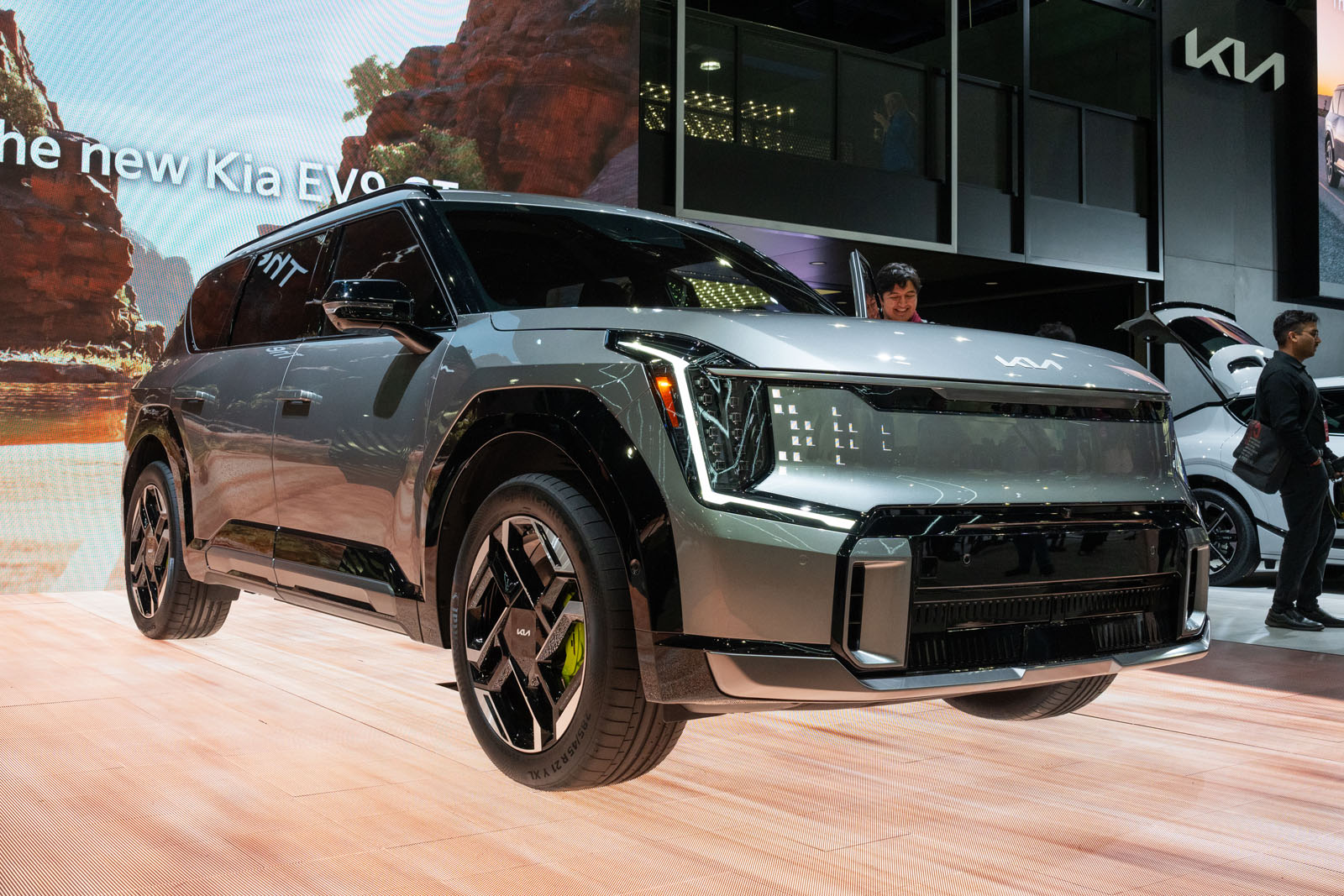












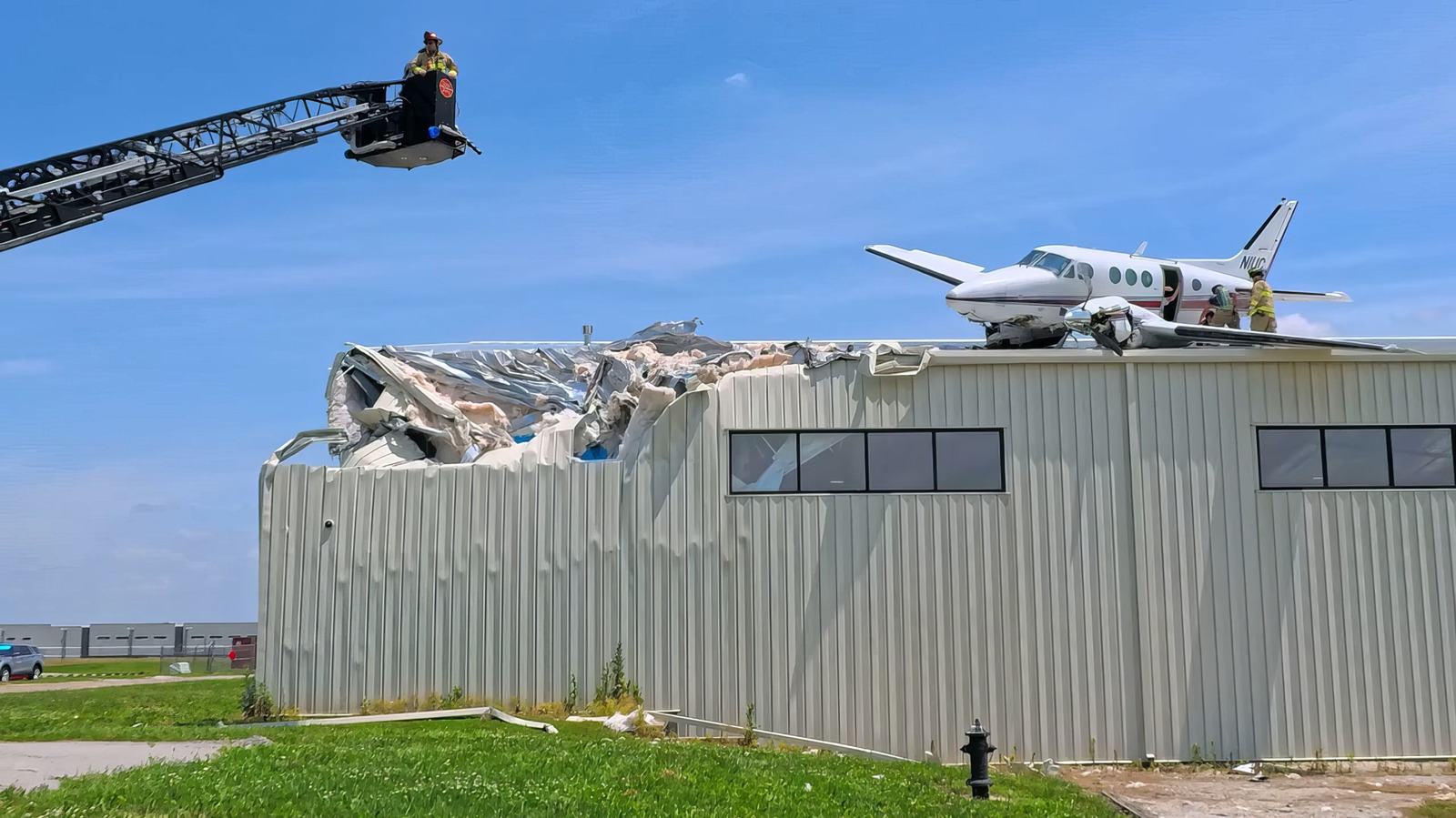
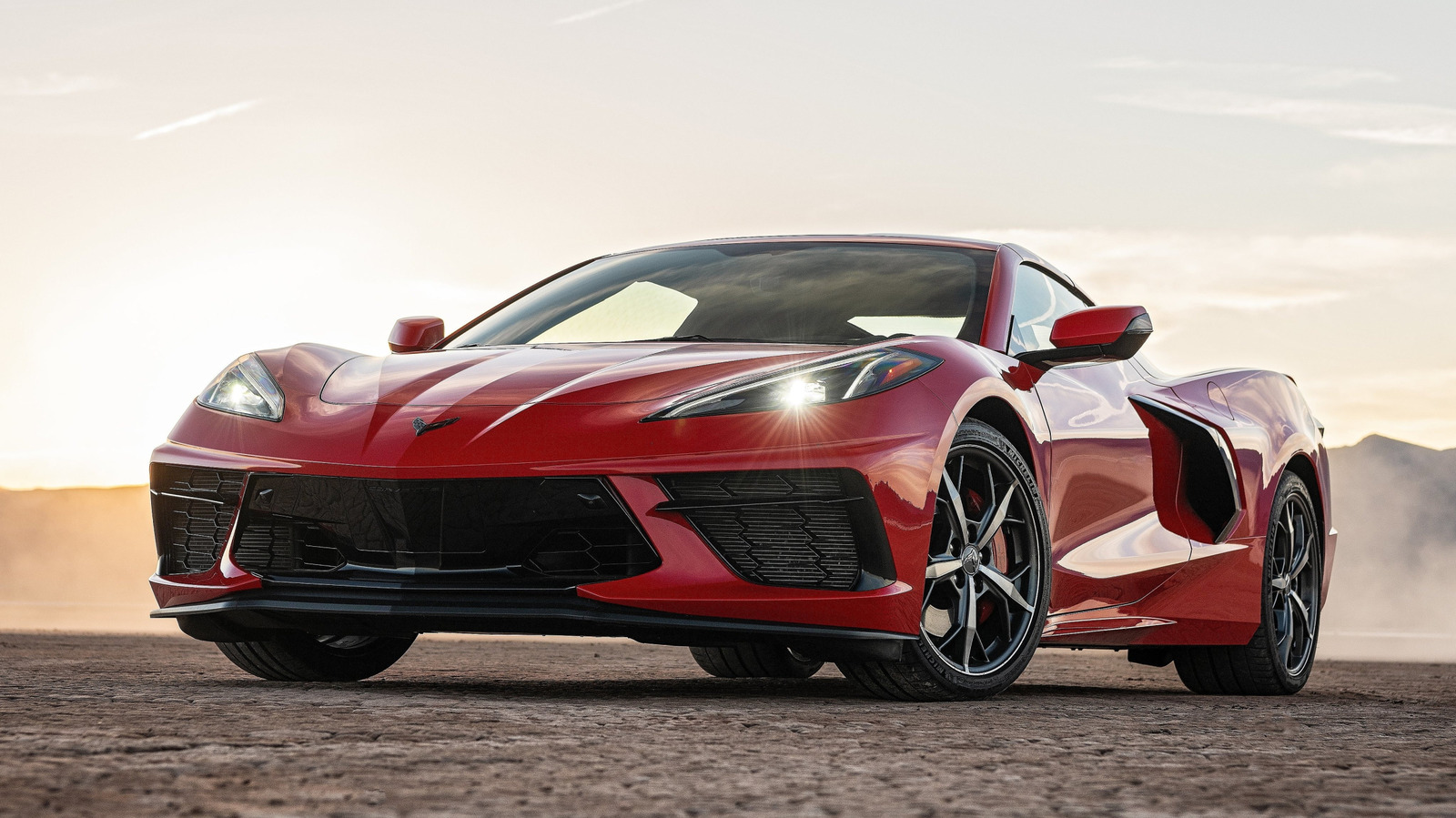
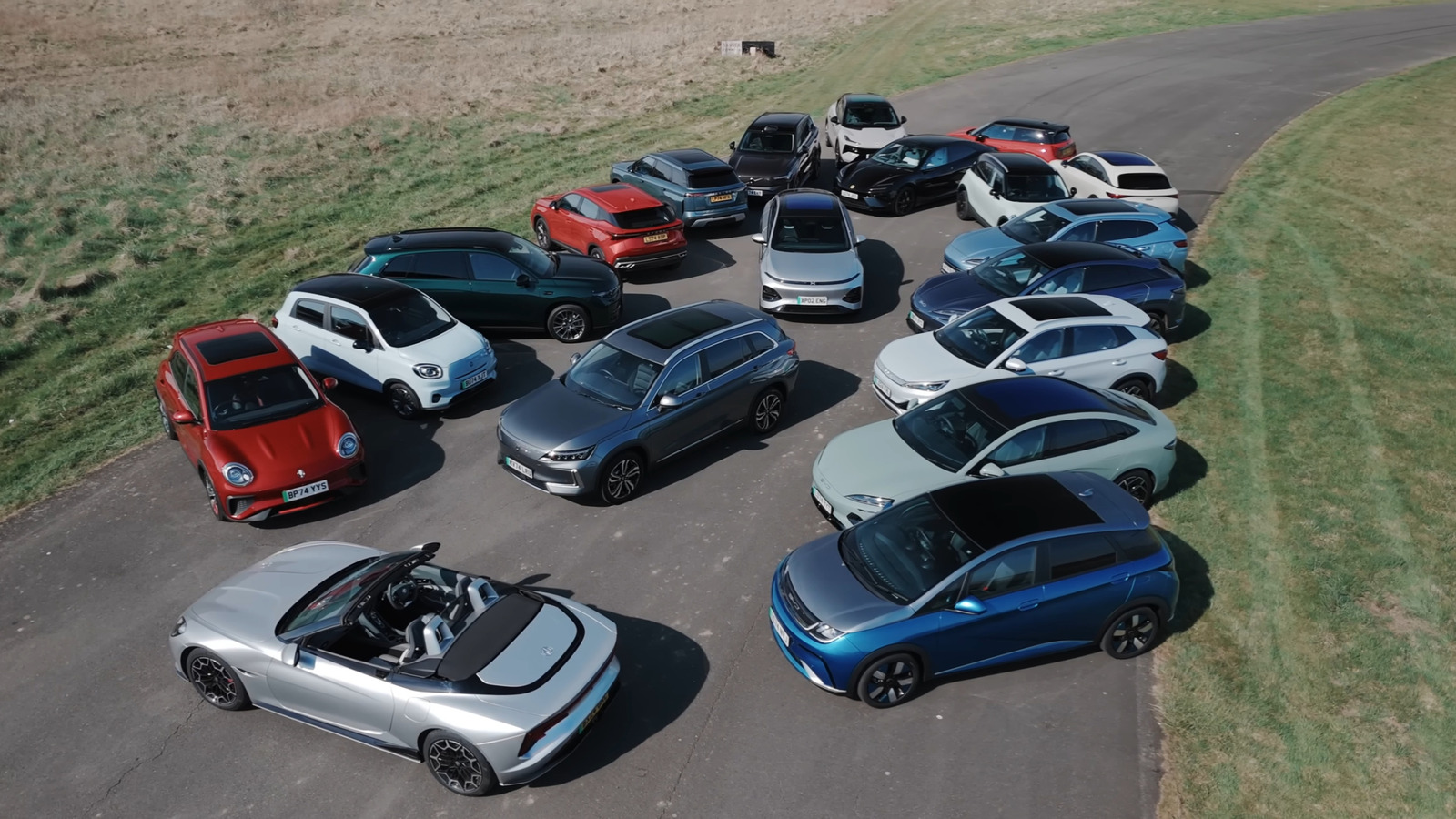
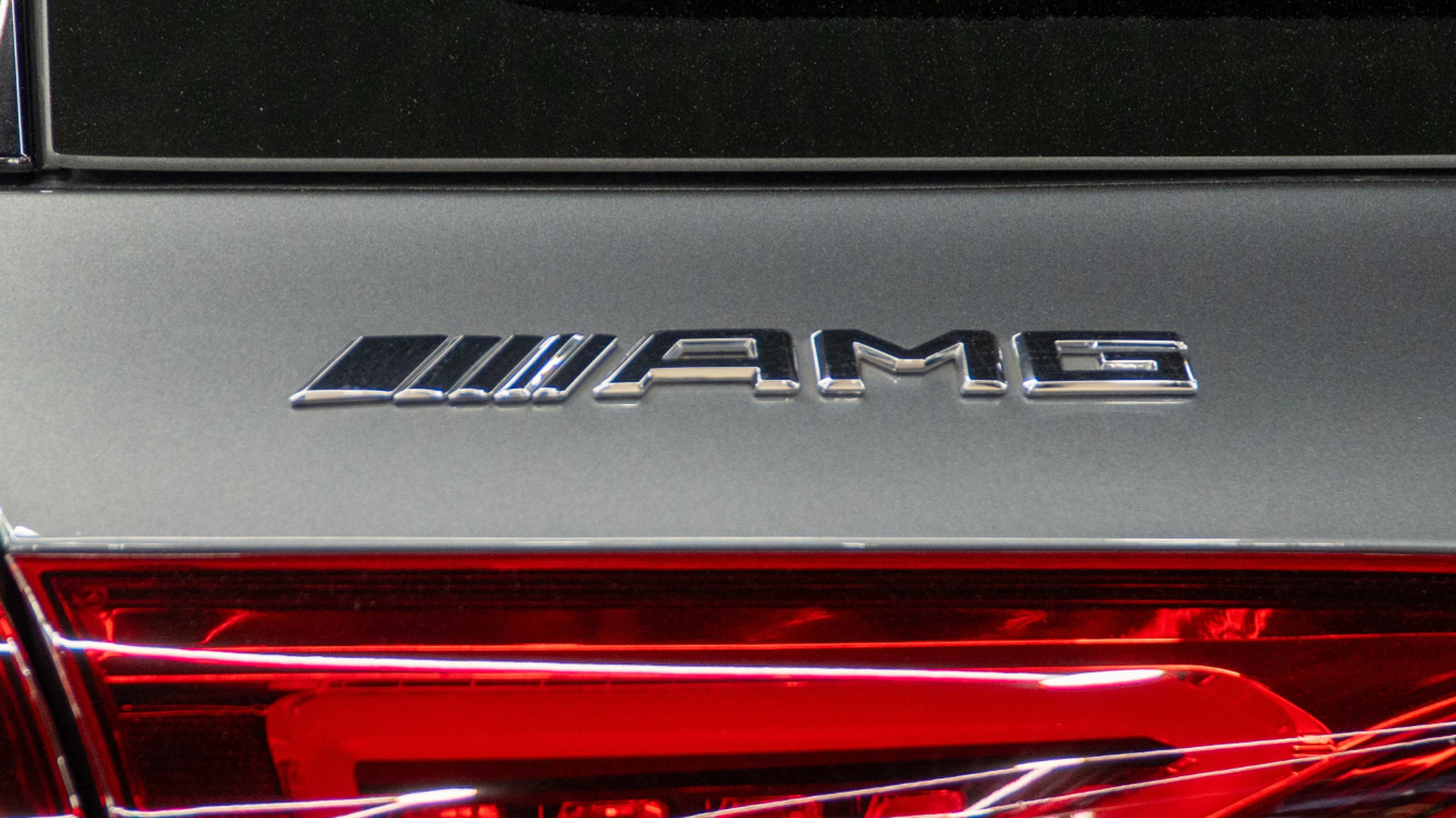















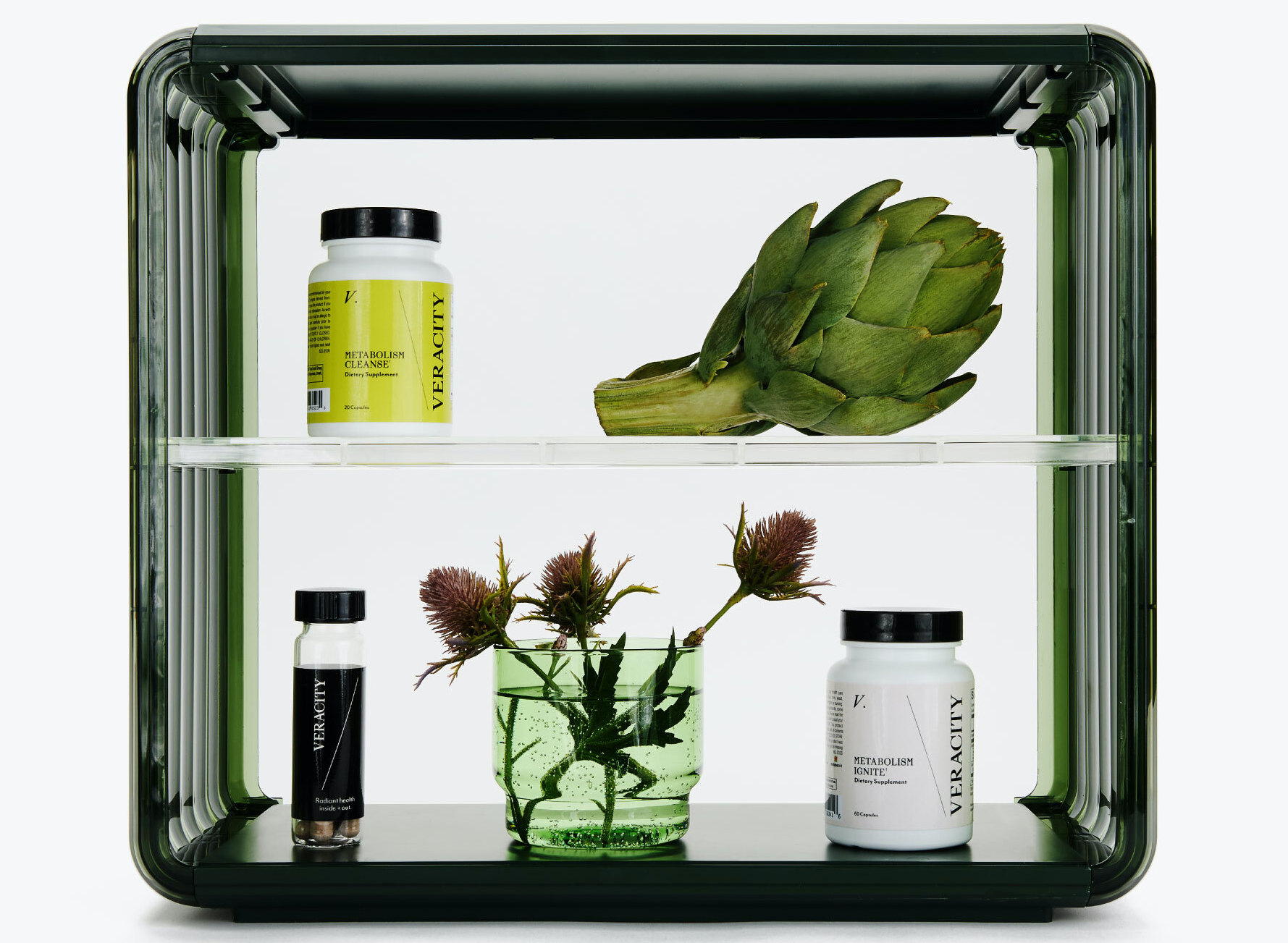
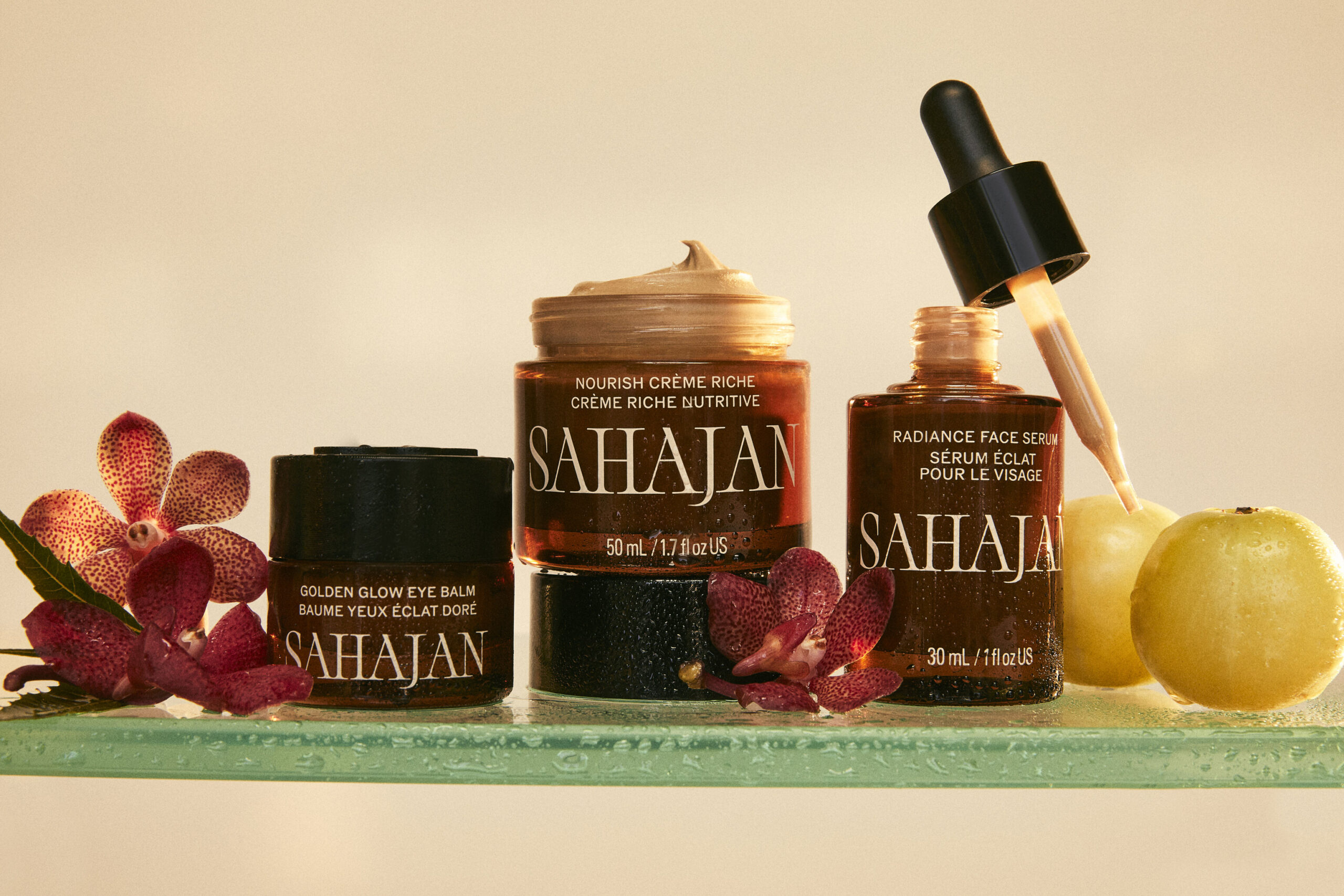











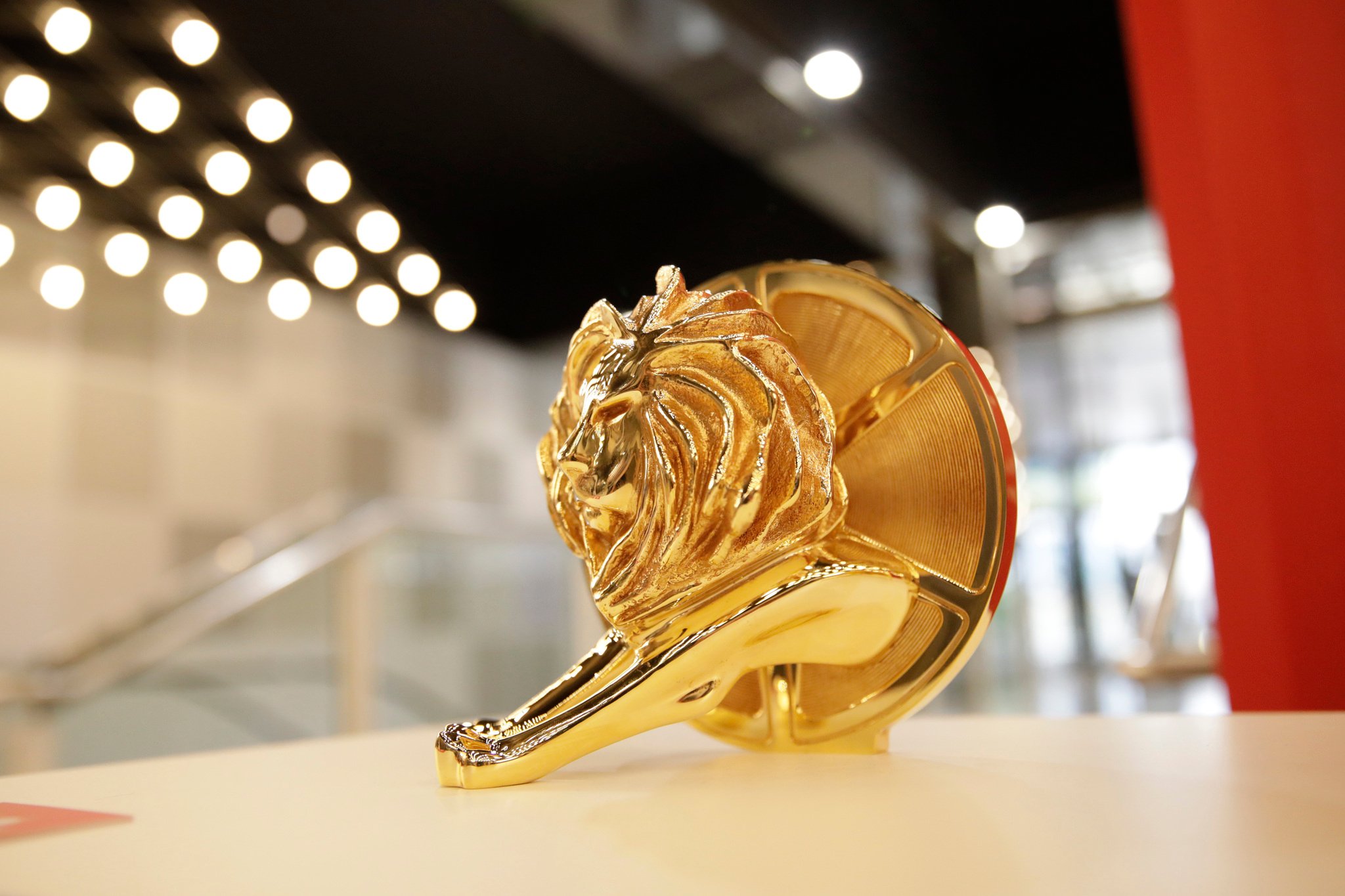


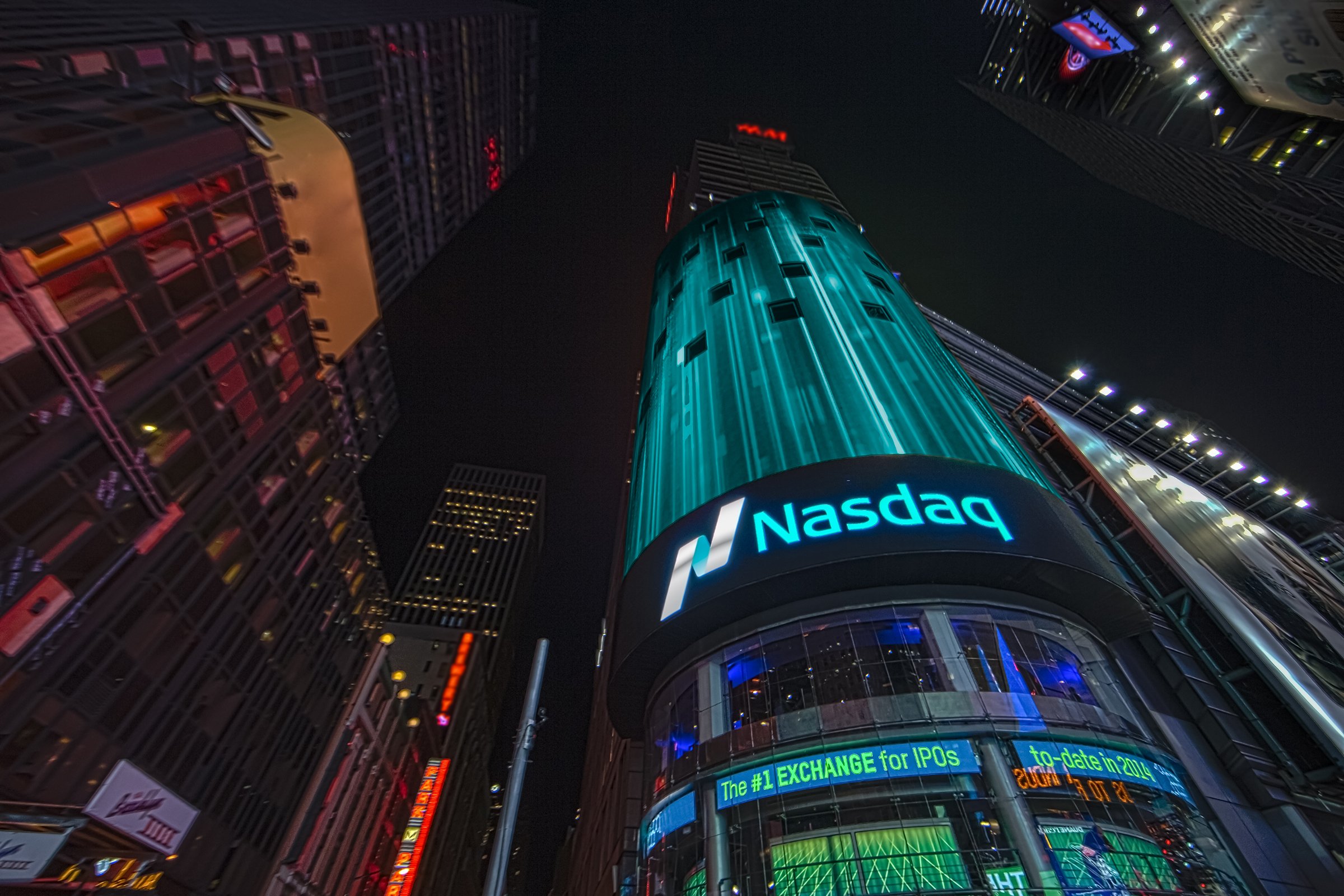



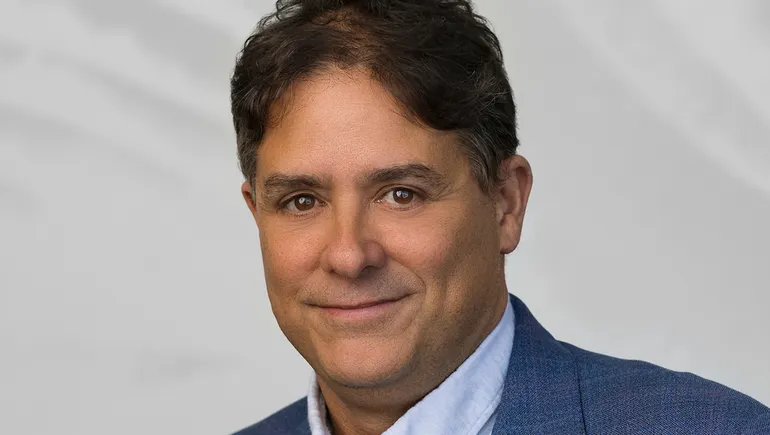


















![The American contingent and Turkey’s autonomy goals: Paris Air Show Day 3 [Video]](https://breakingdefense.com/wp-content/uploads/sites/3/2025/06/Wednesday-Wrap.00_00_32_21.Still001.png?#)
![A look at the jets flying high above the Paris Air Show [PHOTOS]](https://breakingdefense.com/wp-content/uploads/sites/3/2025/06/Rafale_02-scaled-e1750268097167.jpg?#)







































